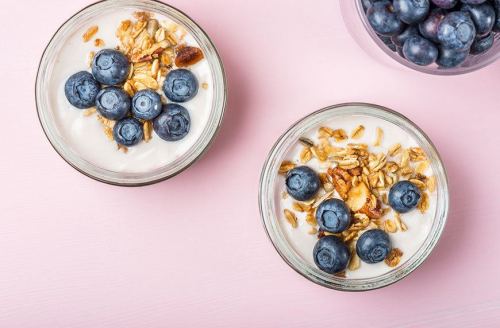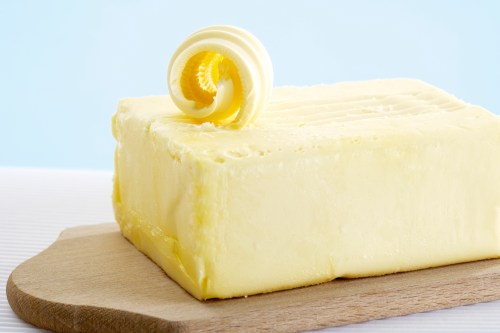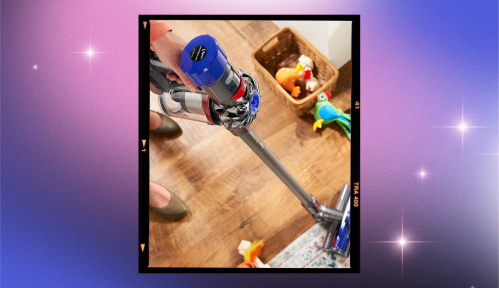Our editors independently select these products. Making a purchase through our links may earn Well+Good a commission
Making matcha isn’t difficult, but it’s a process that should be treated with care. Dating back thousands of years, the powdered Japanese green tea is traditionally served in an elaborate tea ceremony. And to honor those historical roots you can make matcha at home in a mindful way, starting with the correct tools.
“It’s important to have the [right tools] because making matcha is a ritual that’s really grounding,” saysCandice Kumai, a classically trained chef and the author of Kintsugi Wellness ($23). “When I make it in the morning and go through the motions, it sets a tone for the day and it’s a way to pay homage to my grandmother, who gave me my first matcha whisk.”
Below, you’ll find products sold by Mizuba Tea Co., a company committed to upholding and celebrating the heritage of Japanese green tea. “We’re about committing to the region of Uji–recognized in Japan as the highest quality tea growing region, and as the birthplace of Japanese green tea,” reads Mizuba’s website. “Being able to share this matcha is a complete blessing and a gift, and as such, Mizuba hopes to impart just a taste of the larger, beautiful experience of Uji with you, the drinker.”
Curate your very own matcha tea set from Mizuba Tea Co.
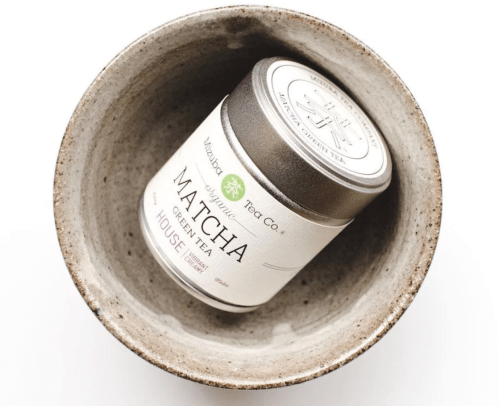
Mizuba Tea Co. House Organic Matcha Tea — $25.00
Mizuba’s House Organic Matcha Tea House is harvested once a year due to the difficult growing process. It features strong aromatics of ripe red fruits, like raspberry jam with a smooth umami flavor. This 40 g tin houses 20 to 30 servings.
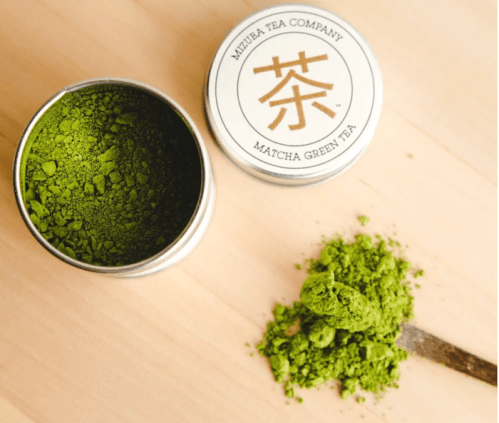
Mizuba Tea Co. Yorokobi Ceremonial Organic Matcha — $40.00
This is Mizuba’s ceremonial matcha. “There are also different grades of matcha,” says Tomoko Honda, the manager of the Ippodo tea store in New York City and the company’s leader of global operations. “A high grade is more bitter, savory, and fuller-bodied, while a lower-grade matcha has a lighter taste.” The Yorokobi is very smooth and packed with umami. It also has a light and sweet floral taste.
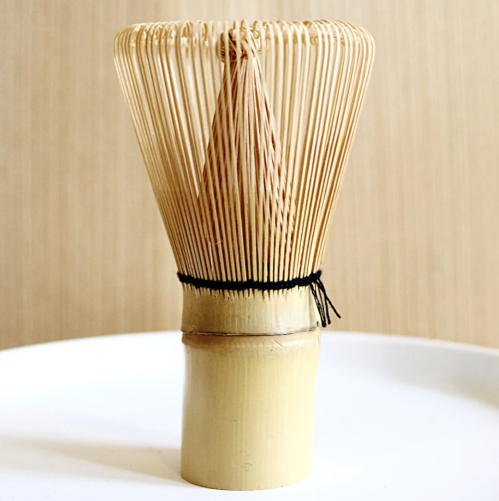
Mizuba Tea Co. Chasen Bamboo Whisk — $27.00
A bamboo whisk is a must for fully blending your matcha with water. “Whisk by making vigorous ‘m’ or ‘n’ motions quickly flicking the wrist,” says Kumai. This whisk has 120 prongs hand-carved from a single piece of bamboo.
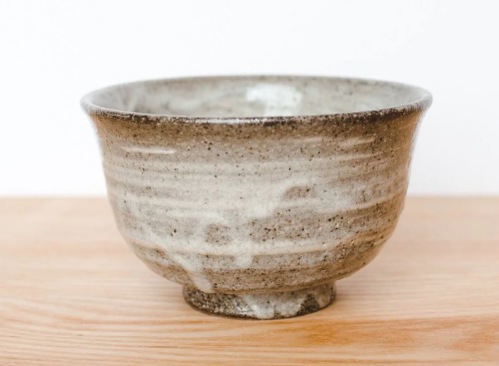
Mizuba Tea Co. Chawan Matcha Tea Bowl — $40.00
A tea bowl is where you mix your matcha with water. You can drink the matcha plain from this bowl or pour the mixture into a mug over your milk of choice to create a matcha latte. This bowl is made of glazed ceramic at Japan’s well-known Shigaraki kiln.
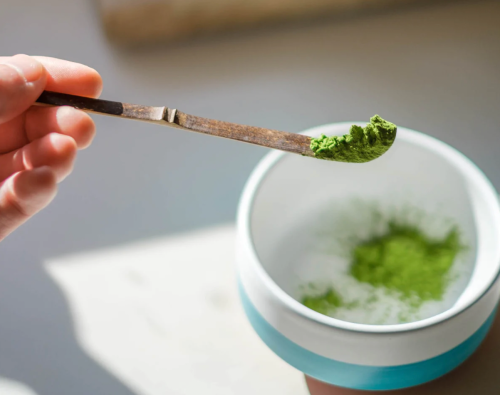
Mizuba Tea Co.Sesame Chashaku Matcha Scoop — $9.00
A chashaku is a spoon specifically reserved for scooping matcha to help you measure the perfect amount into your bowl.
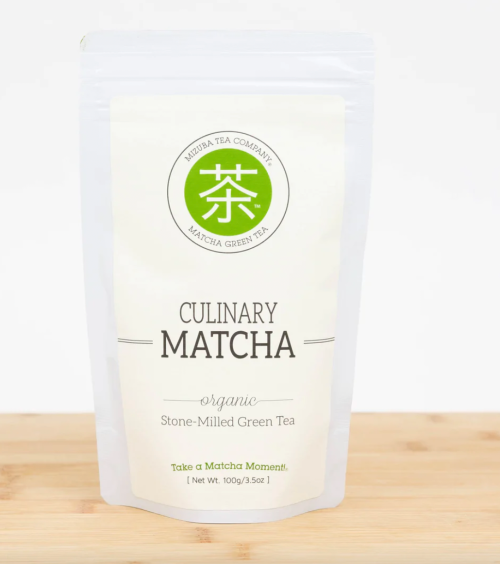
Mizuba Tea Co. Culinary Organic Matcha Tea — $30.00
If you love matcha so much you want to include it in your food, try Mizuba’s culinary matcha. It pairs well with honey, milk, alt milk, chocolate, jammy red fruits, citrus, mint, lavender, coconut, anise, ginger, almond, and vanilla.
Learn more about the benefits of matcha and how it compares to green tea:
Want to be the first to hear about the latest (and greatest) SHOP product drops, custom collections, discounts, and more? Sign up to have the intel delivered straight to your inbox.
Sign Up for Our Daily Newsletter
Get all the latest in wellness, trends, food, fitness, beauty, and more delivered right to your inbox.
Got it, you've been added to our email list.


